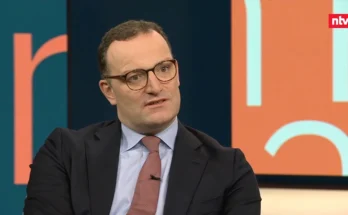Amazon founder Jeff Bezos, who left management of the group in July 2021, will return to the role, this time as head of a new company specializing in artificial intelligence (AI) and with $6.2 billion in funding. According to an article published Monday by the New York Times, citing close sources, the company, Project Prometheus, wants to apply AI to industrial and engineering sectors, including automobiles, aerospace and computers.
Jeff Bezos, who remains Amazon’s owner but no longer holds any position there, will become co-CEO of Project Prometheus, alongside Vik Bajaj, a well-known Silicon Valley researcher, who also worked with Google co-founder Sergey Brin at X Lab and founded a company specializing in life sciences research, Verily, a subsidiary of Alphabet, Google’s parent company.
Since leaving Amazon, Bezos has focused on his space company, Blue Origin, and has made headlines primarily for his personal life, including his lavish wedding in Venice last summer. He has also become closer to US President Donald Trump, after attending his inauguration in January and asking the Washington Post, which he owns, to endorse pro-business comments on his opinion page.
Project Prometheus wants to learn from real life
Project Prometheus is trying to carve out a niche in the highly competitive AI market currently dominated by tech giants Google, Meta, and Microsoft, as well as certain pioneering companies in the sector, starting with OpenAI and Anthropic. The company already has about a hundred employees, including researchers recruited from major research labs specializing in AI, according to the New York Times.
This is part of a broader trend aimed at finding applications of AI to physical tasks, most often through robotics. In contrast to the generative AI used for ChatGPT for example, the goal is to create a system that is able to learn from experiments carried out in the real world and no longer just in the digital world, with the hope of accelerating scientific discoveries in the fields of physics, chemistry and engineering.



